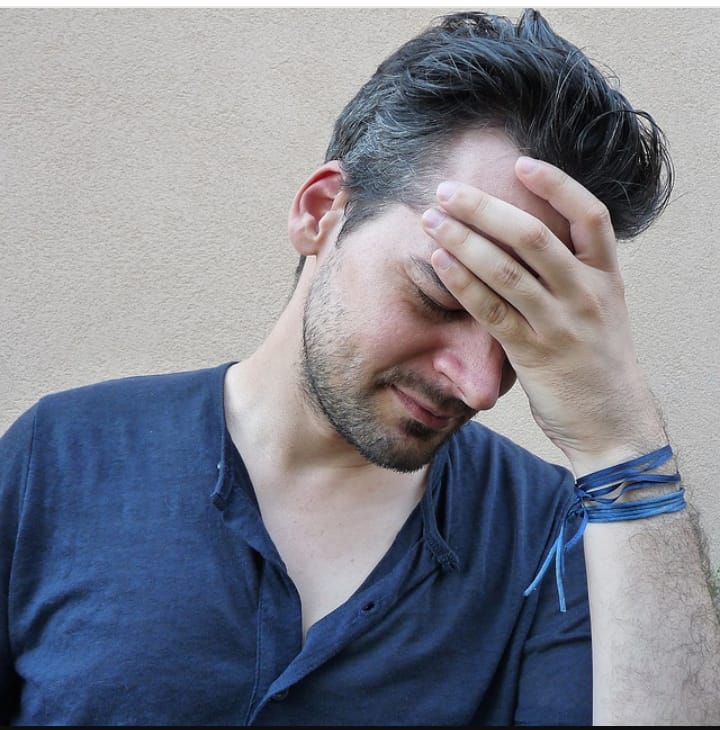How to reduce stress from our life
Drinking water is essential for recovering from stress. To relieve stress, we can, for instance, shower or clean up. Swimming is another effective tactic. After bathing, our minds will relax and feel less anxious. Drink plenty of water throughout the day to keep hydrated and sustain healthy biological functions. Caffeine and sugar-filled drinks should be avoided since they might worsen stress and cause dehydration.
Exercise is an essential method for reducing stress. Engaging in real activities is a remarkable way to reduce it and increase overall prosperity. On most days of the week, attempt to get in somewhere around 30 minutes of moderate movement. Taking part in proactive tasks like swimming, moving, running, or strolling could assist with lessening it and working on your state of mind. We might go for walks or visit the seaside. Our pressure will decrease, and we’ll have a superior comprehension of how to deal with it once we feel the breeze. One thing we can do to recuperate from it is to rehearse contemplation.
We can pay attention to peppy music to help us feel less anxious. The soothing melodies and beats can initiate a relaxation response, lowering levels of physiological excitation and associated stress.
A few of the motivational stories are posted on social media. Inspirational tales of bravery, adaptability, and overcoming adversity might serve as potent symbols of the stability of the human spirit. Watching characters overcome obviously insurmountable obstacles may inspire us with a sense of good faith and camaraderie, motivating us to face our own challenges head-on and persevere through them.
Projects should be divided into manageable portions after being ranked according to urgency and priority. Use time-blocking strategies, calendars, and to-do lists to help you keep organised and feel less stressed.
Set feasible targets for you and separate them into more modest, more possible exercises. Arrange your responsibilities based on their significance and sincerity, and acknowledge your accomplishments along the way. Lessening and forestalling burnout might be accomplished by centring your significant investment and defining limits.
Yoga is one of the secrets to decreasing it. Yoga helps people focus on the current moment and avoid dwelling on negative memories from the past or future. It does this by encouraging present-second attention and caring. Mind-body techniques, such as guided relaxation and mindfulness meditation, can help calm the mind, stop racing thoughts, and develop a peaceful, calm inner being. For more details, click here.
Speaking with someone about your problem who can help you find the correct solution is another option to help you de-stress. If you can’t bring yourself to tell someone, you can also beg God to tell them.
Consult a mental health professional for assistance if it starts to become too much. Compelling strategies for dealing with stress and strategies can be gotten through treatment, guiding, or the board courses. Taking part in giggle therapy or watching comedies or films with humorous subjects are two ways to lessen it.
Find out what your life’s underlying reasons are, whether they are related to your work, relationships, finances, or health. You can deal with stress more skillfully if you know what causes it.
We might visit places that are psychologically calm to minimise it. Situations that are quiet, serene, and free of disturbing influences provide a chance for relaxation and introspection. Places like libraries, meditation centres, or peaceful sections of forests offer a refuge from the everyday grind that helps individuals unwind, replenish, and reconnect with themselves.
Keep up supporting connections with classmates, relatives, or friends who can lend an ear, provide advice, or just a listening ear when needed. Social connections can provide emotional support and mitigate the negative effects of mental stress.
A vital skill is learning to say no to commitments or activities that overwhelm you or cause you undue stress. Setting boundaries and concentrating your time and energy will help you avoid and lessen burnout.
Reduce the amount of time you spend in front of screens, such as computers, TVs, and cell phones, especially right before bed. Overuse of screens can disrupt sleep patterns and lead to tension and anxiety.
Dietary changes are one of the greatest ways to reduce it.
Develop an attitude of thankfulness by highlighting the blessings in your life and expressing your appreciation for what you have. You can accomplish stress reduction and attitude modification by keeping a gratitude notebook or daily affirmation repetition.
Sleep well; it might help us feel less stressed.
Playing games is one way to minimise it.
Visiting theatres, historical sites, art exhibits, or other public spaces may inspire creativity and amazement, which has the power to uplift and depress people. Interacting with art, culture, and creativity opens up new creative possibilities, encourages self-expression, and boosts mental health.
We might think back on a portion of our most cheerful recollections and think back about our lives to assist our bodies with adapting to pressure.
Distribute time for taking care of oneself pursuits that upgrade your psychological, profound, and actual wellbeing. This can include taking a soothing bath, going outside, writing in a diary, or engaging in mindfulness exercises.
Our thoughts will be at ease when we garden, and it may even lessen tension. Make time for activities that make you happy and fulfilled, like reading, writing, or playing music. Side interests can bring it down by achieving a feeling of quiet and accomplishment.
Avoid spending time with people who have deeply angered you and caused stress in your life.
Establish a space in your home where you may engage in your hobbies without any disturbances.
To assist us unwind and achieve peace of mind, we can go on to the hill station and take in the scenery.
To handle stress, have faith in your own abilities.
In the unlikely event that it becomes too much to handle or continue, think about seeking assistance from an emotional wellness professional, such as an expert or guide.
